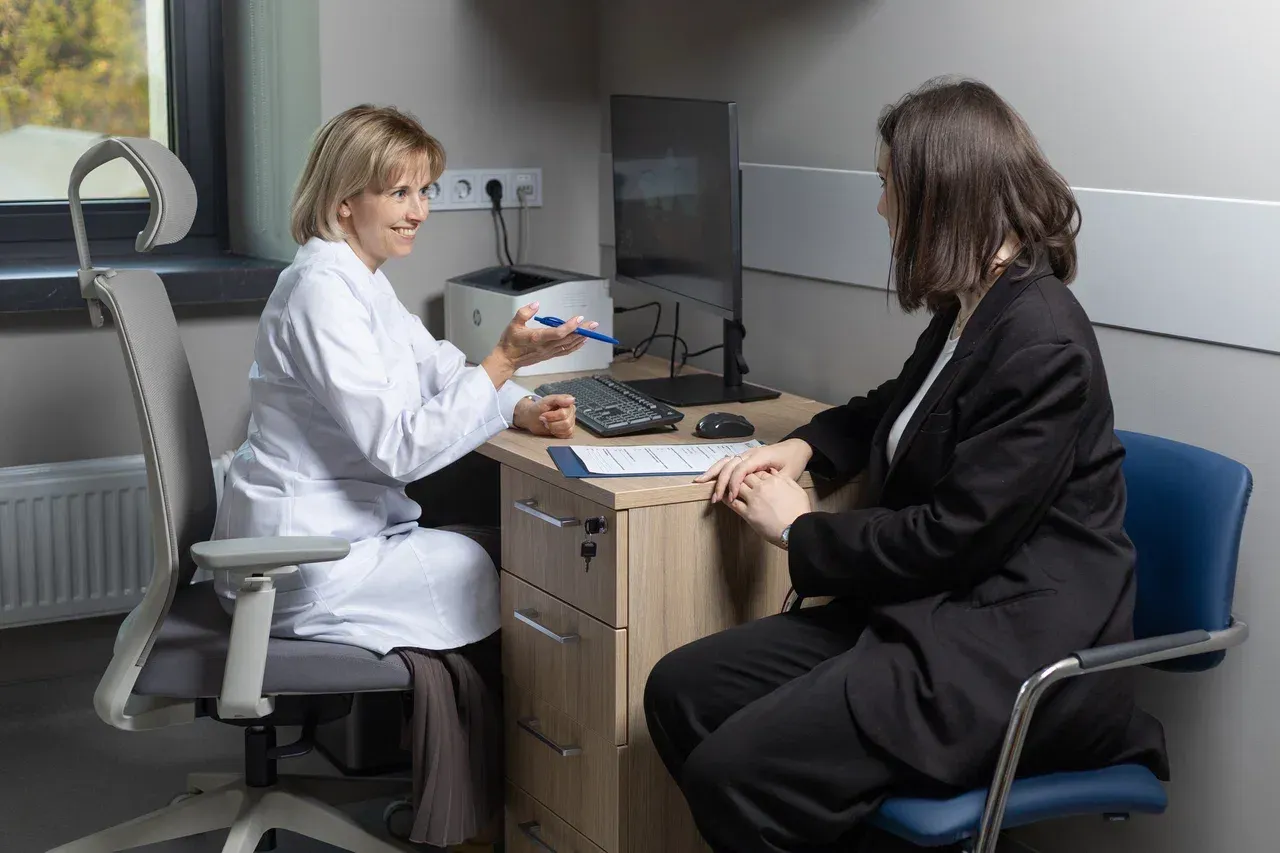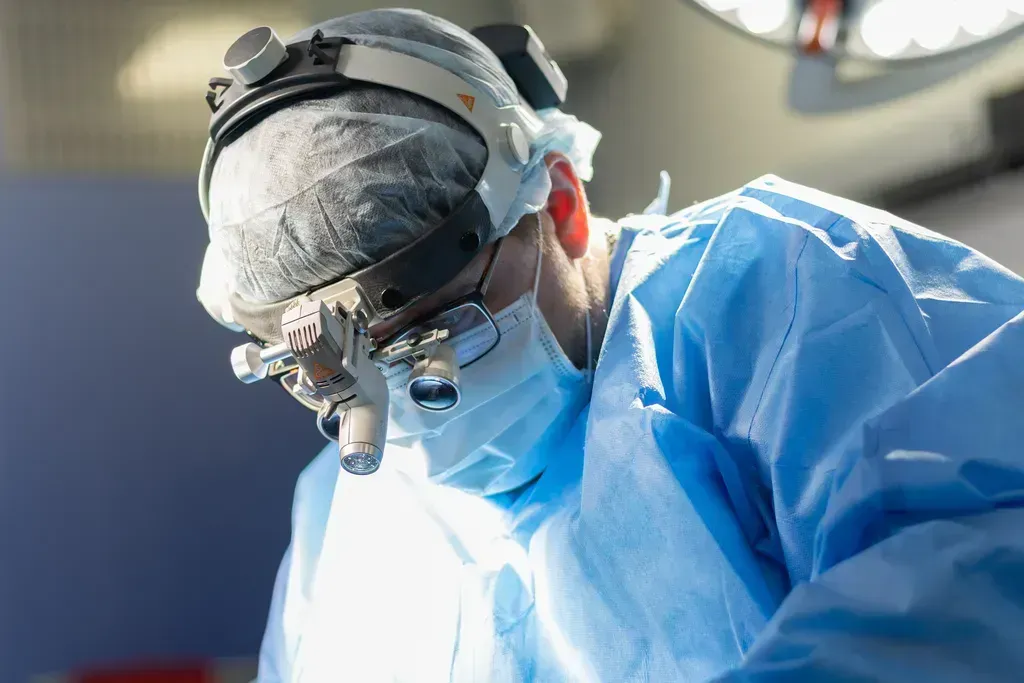Irritable Bowel Syndrome (IBS)
Functional bowel disease, manifested by chronic abdominal pain, discomfort, and stool disorders (diarrhea, constipation, or alternation).

IBS is one of the most common diseases of the gastrointestinal tract. The disease usually develops at the age of 30-50 years and has a close relationship with the psychoemotional state of a person. The main mechanism of pathology development is a violation of intestinal regulation by the nervous system, which leads to changes in intestinal motility, its hypersensitivity and inflammatory processes in the mucous membrane. With IBS, no anatomical or structural damage to the intestine is detected. The symptoms appear due to functional disorders, not inflammation or an infectious process. Despite the fact that IBS is not life-threatening, it can significantly worsen well-being.
Causes
intestinal sensitivity to pain (visceral hypersensitivity)
Intestinal motility disorders, smooth muscle spasms
Violation of intestinal microflora.
A history of frequent intestinal infections
Genetic predisposition
Psychoemotional stress, anxiety and depressive disorders contribute to impaired perception of symptoms by patients, which exacerbates the symptoms.
Symptoms
Abdominal discomfort, usually lessening after bowel movements
Bloating, abdominal distension
Stool disorders: constipation, diarrhea or their alternation
Feeling of incomplete bowel movement after bowel movements
Rumbling in the stomach, flatulence
After-effects
IBS does not cause serious organic changes, such as ulcers or tumors, but the long course of the disease significantly reduces the patient's quality of life
Лечение

Conservative treatment
The basis of IBS treatment is lifestyle changes, nutrition correction and work with a psychoemotional state. A diet is recommended for patients taking into account the form of the disease: with constipation, the intake of dietary fiber and fluid increases, with diarrhea, foods that cause fermentation and increased intestinal motility are excluded. The consumption of foods that cause increased pain is individually limited. Drug therapy is selected individually depending on the symptoms. An important component of therapy is working with a psychologist, correcting anxiety and perception of symptoms.

Surgical treatment
Surgical treatment for irritable bowel syndrome is not performed, as the disease is functional in nature and is not associated with anatomical changes in the intestine.
Schedule a visit to the clinic
How to reach
Moscow, 1st Yamskogo Polya Street, 15
Mon–Sun Around the clock
+7 495 255-50-03
How to get
From the Belorusskaya metro station of the Zamoskvoretskaya line - exit 4 After exiting the subway, walk through the pedestrian tunnel and climb the stairs. Move towards the railway tracks, go down the stairs immediately after them and walk along the house, then turn right onto 1st Yamskoye Pole Street. At the turn to 3rd Yamsky Pole Street, cross the road at the pedestrian crossing and continue along 1st Yamsky Field Street, after a few buildings on the left you will see Olympus Clinic MARS.
Travel time
9 minutes
Landmark
Olympus Clinic MARS sign
How to get
From the Belorusskaya metro station of the Ring line - exit 2. After exiting the subway, turn left and walk to the pedestrian crossing. Cross the road through two pedestrian crossings and move along the Tverskoy overpass. Go down the stairs immediately after the railway tracks, walk along the house, then turn right onto 1st Yamskoye Pole Street. At the turn to 3rd Yamsky Pole Street, cross the road at the pedestrian crossing and continue along 1st Yamsky Field Street, after a few buildings on the left you will see Olympus Clinic MARS
Travel time
11 minutes
Landmark
Olympus Clinic MARS sign


